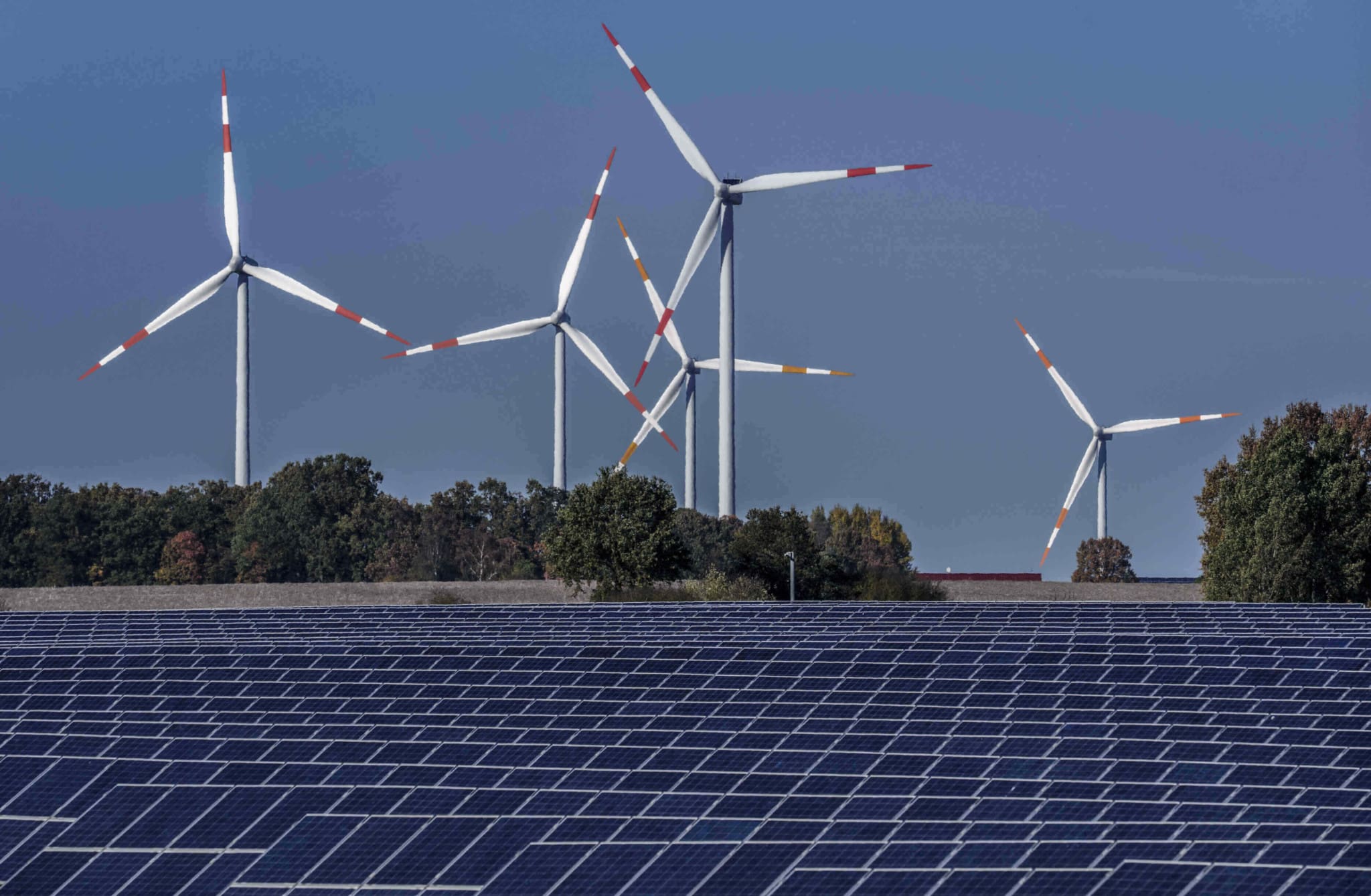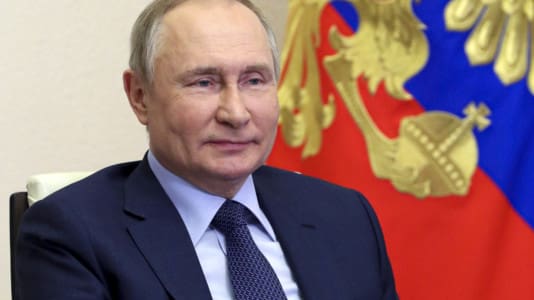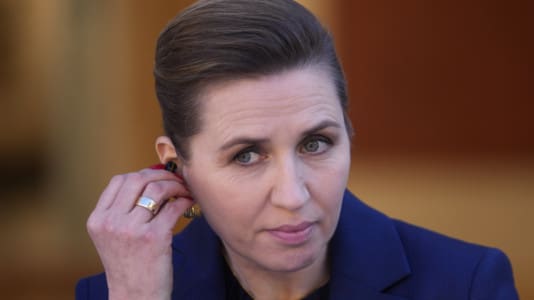The European Union is experiencing a wake-up call regarding the electricity market, in which it tried to intervene for many years. As a result, electricity will gradually become not a commodity in each country but a kind of “public service” with a regulated price — similar to what water and sewage are today.
Those who dreamed of a single European electricity market and an emission-free economy wished for a different result, but these two dreams are incompatible.
The electricity market in Europe has not been killed by the geopolitical situation and the clash with Russia, which is an oil farm for some European countries. It is being killed by the regulation with which Europe is trying to lace up the market on its way to a zero-emission economy.
[pp id=31240]
This regulation pushes the price of electricity to levels that are unsustainable for member states whose governments, unlike the European institutions, are accountable to voters.
The electricity market in Europe used to work and should have worked on the principle that the price is determined by the most expensive type of energy source at that moment. This was based on priorities where expensive renewables, which the customer basically subsidizes, take precedence over other energy sources.
When the price of some type of energy source goes up, the whole market goes up, and because gas has been very expensive for some time, it is also raising the price of electricity. These variables are firmly interconnected, as many countries, led by Germany, use gas as a backup source for renewables.
The European Commission suddenly allows state intervention
This intervention is why energy prices in Europe are currently at a record high. That is why more and more countries are disconnecting from the market and starting to regulate the price of electricity. In what is arguably an even more radical step, the European Commission — which acts as a defender of free competition unrestricted by state intervention, and a kind of antitrust authority — suddenly allows such state intervention. The reality is that it has silently understood and accepted that the electricity market as it was once understood is now over.
[pp id=26016]
The price of electricity is beginning to be regulated mainly by countries that produce cheaply from their resources. For several weeks now, France has been doing this with nuclear resources whose operating cost of production is very low. Slovakia is doing the same.
At Friday’s European Union summit in Brussels, Spain and Portugal received permission, called “special treatment,” to regulate the electricity market. European Commission President Ursula von der Leyen explained that the Iberian Peninsula is in a very specific situation. She said that it has a lot of renewable resources and very few “interconnections.” According to her, this is driving prices very high in the region.
There is also the admission that renewables are simply very expensive. However, a general exception, which will give states a free hand to regulate electricity, has been accepted at the summit.
“The European Commission will urgently assess the compliance of short-term government interventions with the situation in individual countries,” the commission announced.
It is, in fact, a general excuse for governments to adjust their electricity prices as they need — a message that Brussels will not interfere. It is a strong indicator that the electricity market in Europe is coming to an end, and everyone will be in control of their own electricity market. The next chapter will be addressed at the May summit.
So now, nothing is preventing Petr Fiala’s government in Czechia from dealing with the electricity issue, just like other European countries, as quickly as possible.





